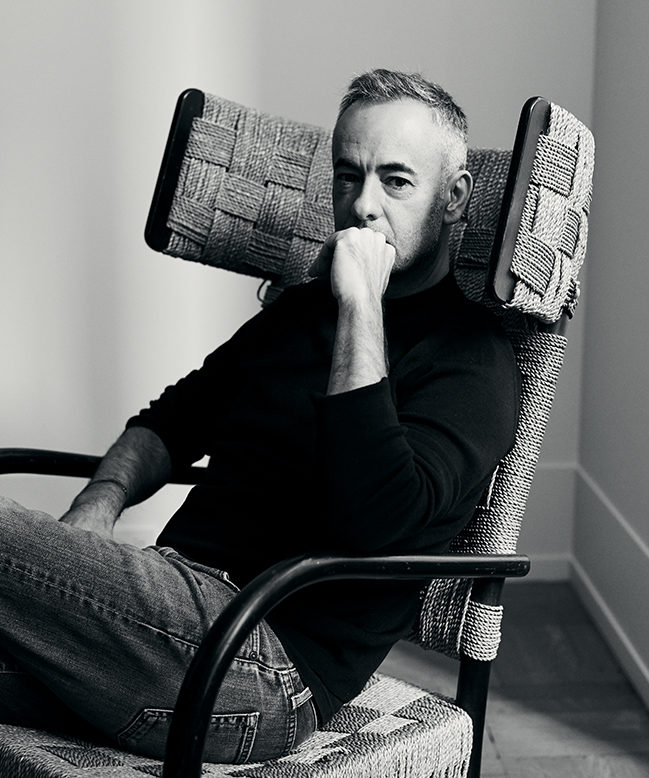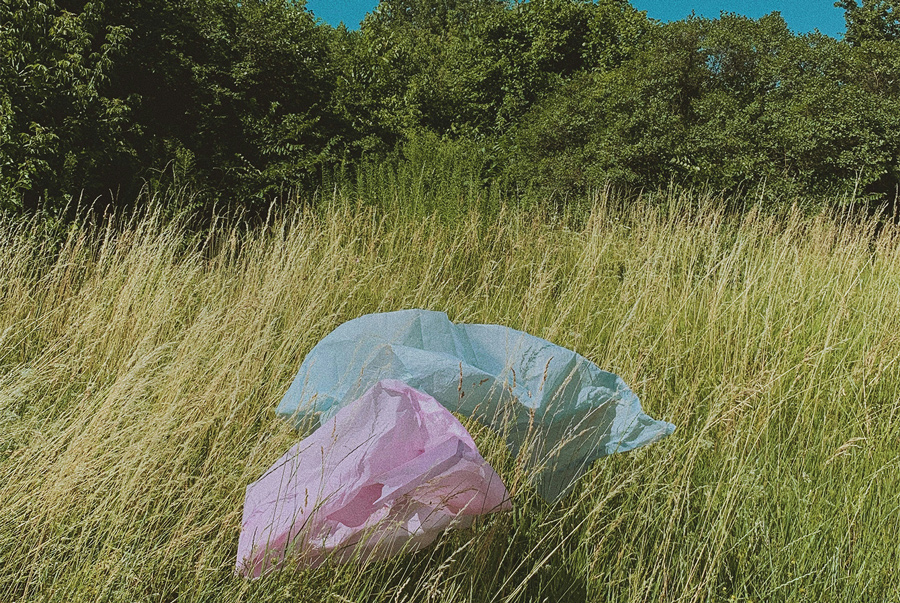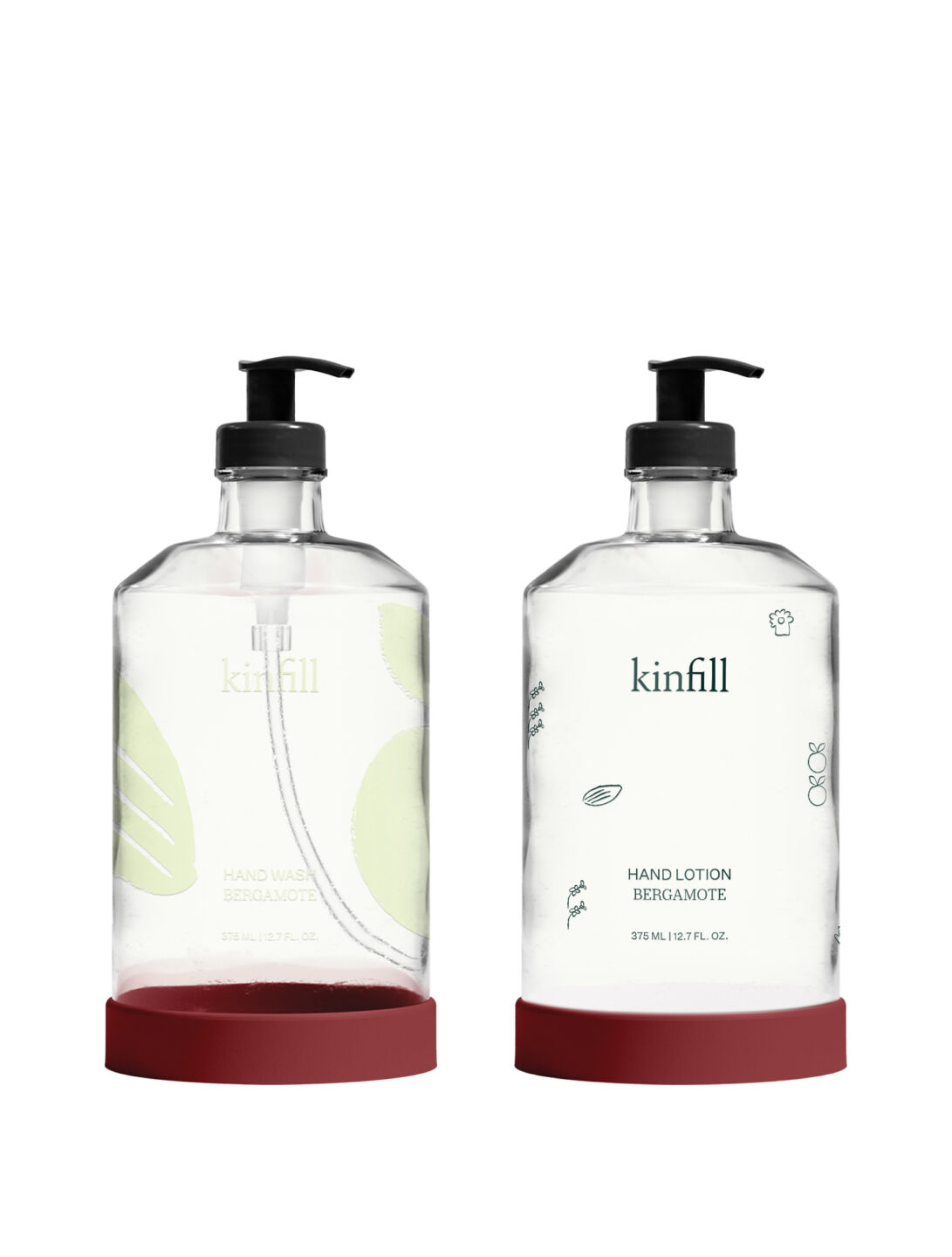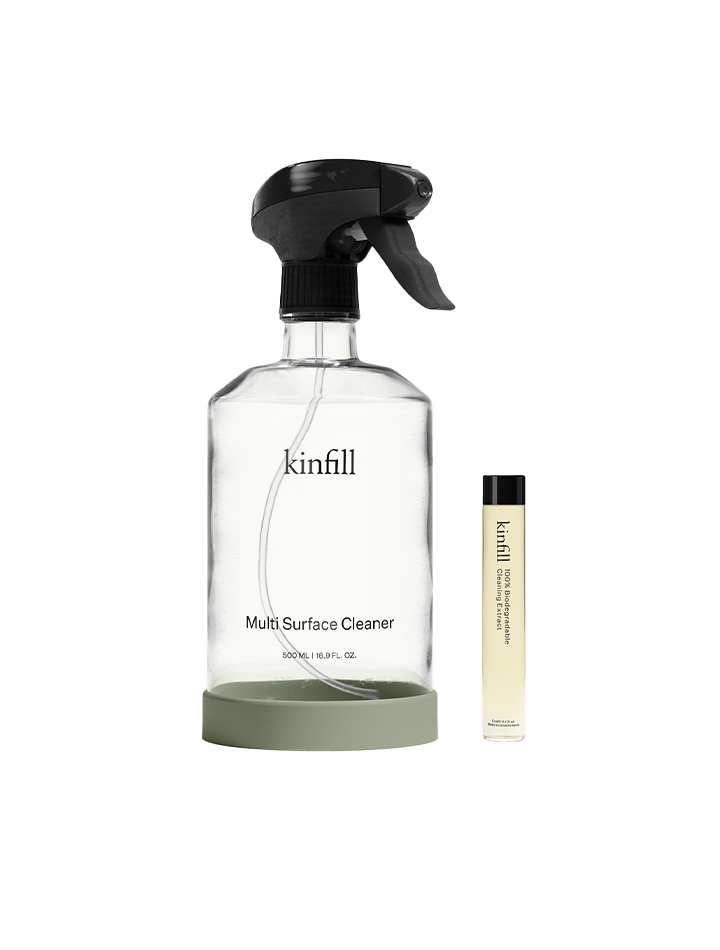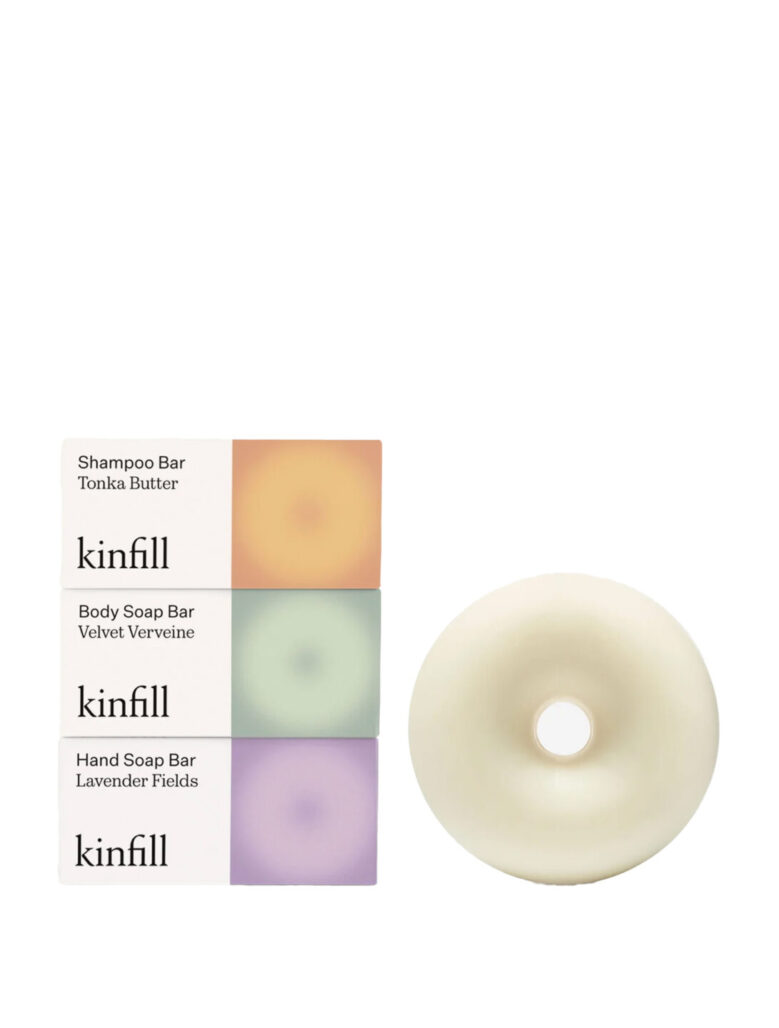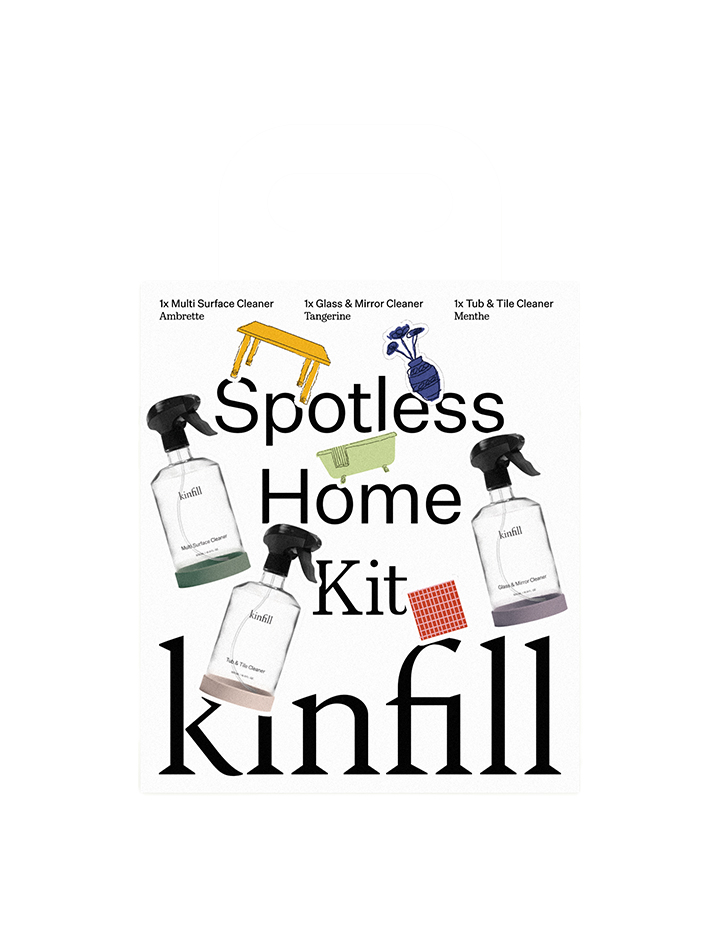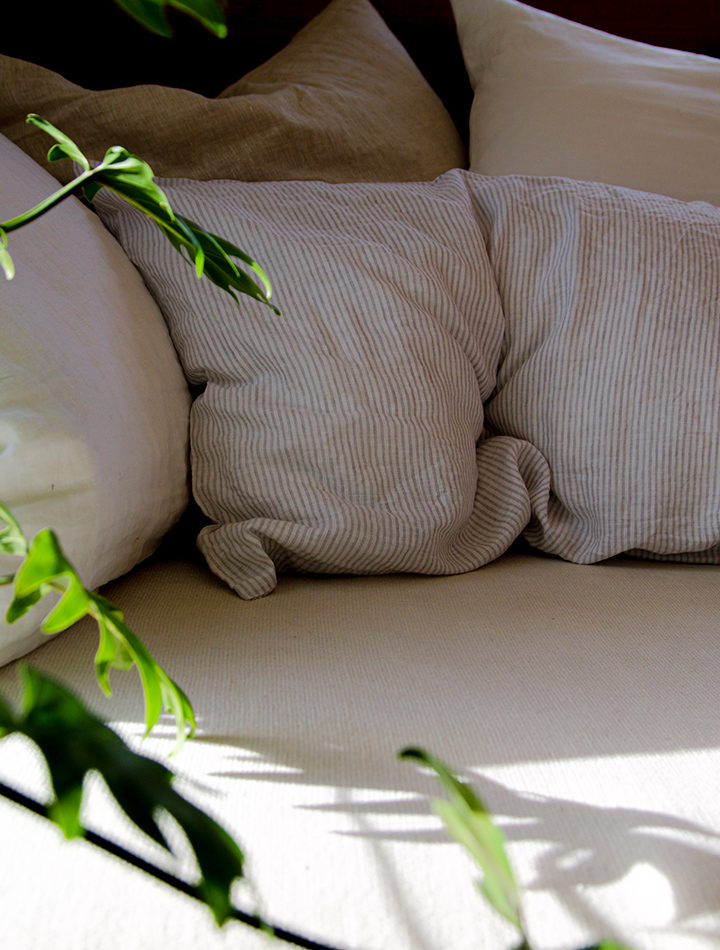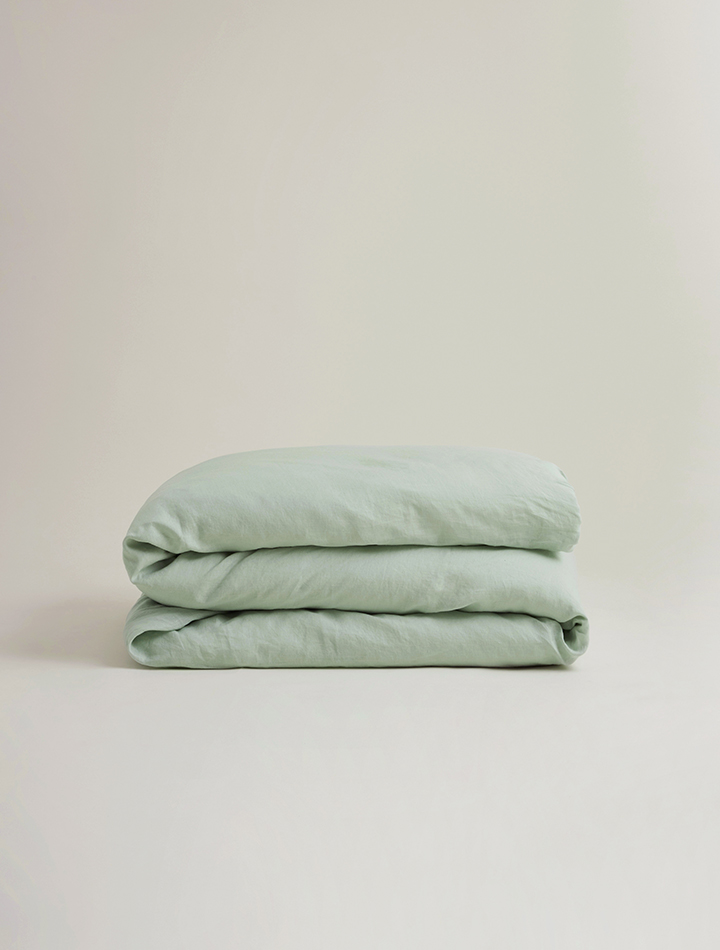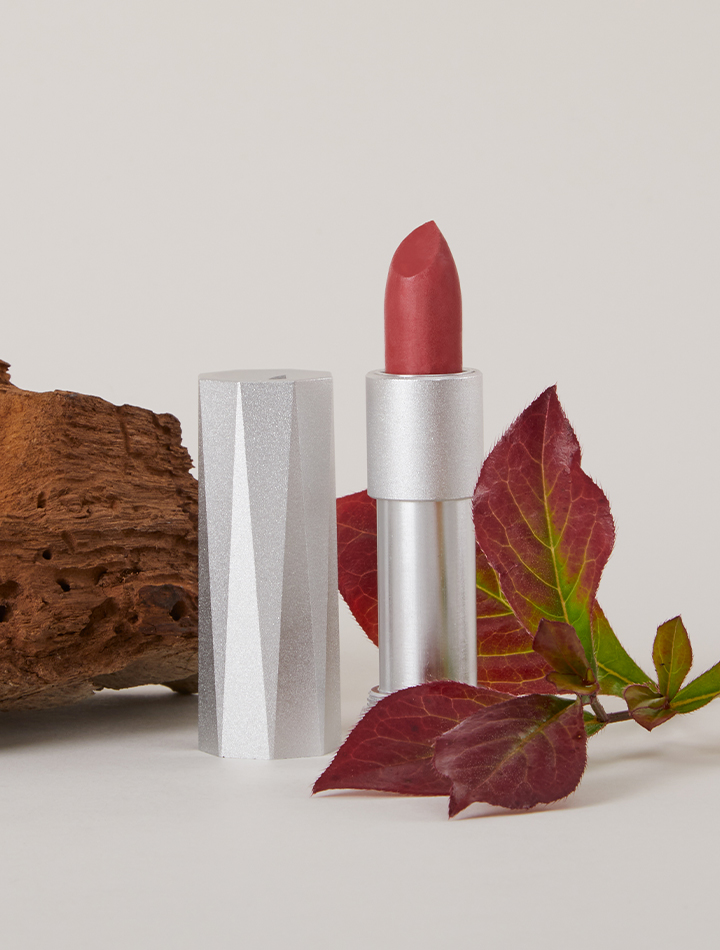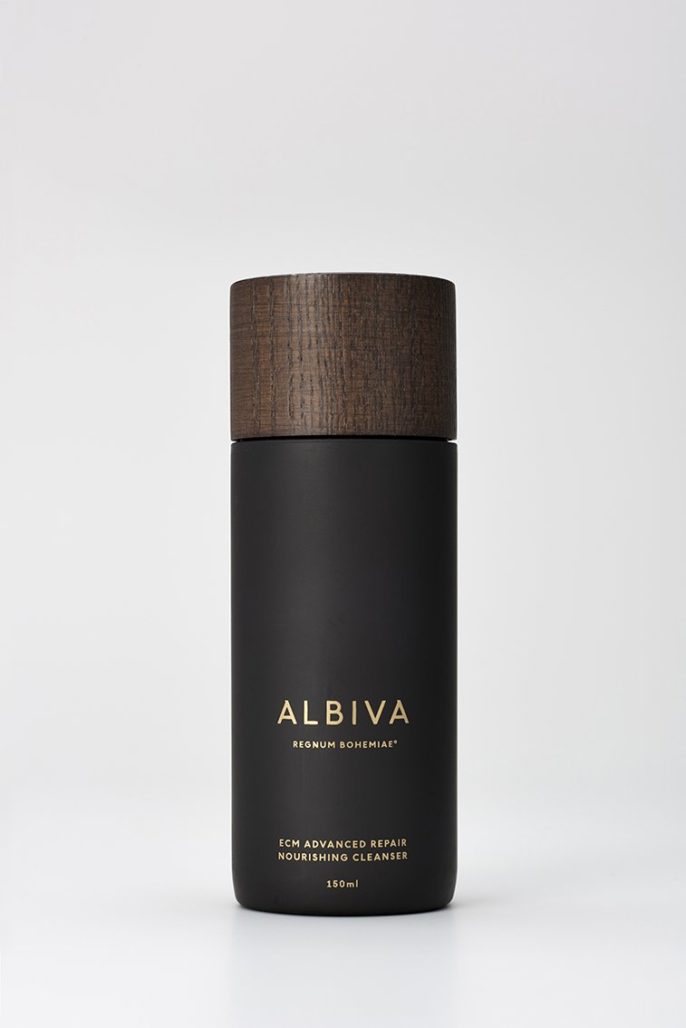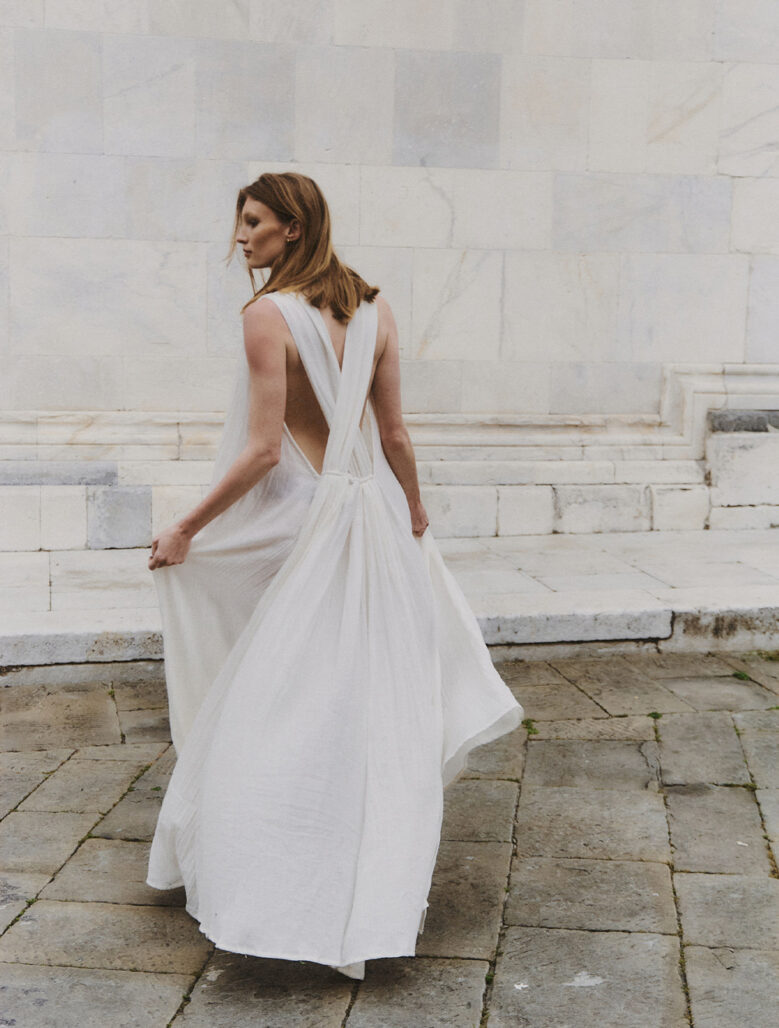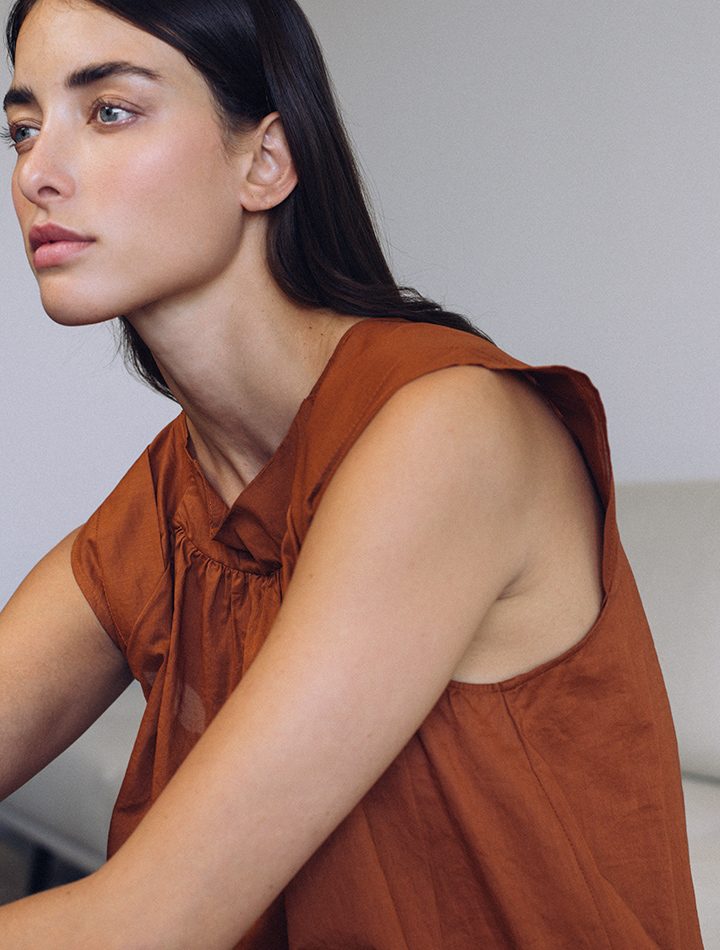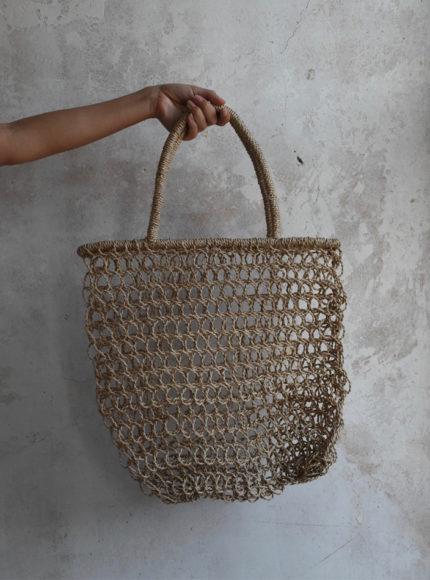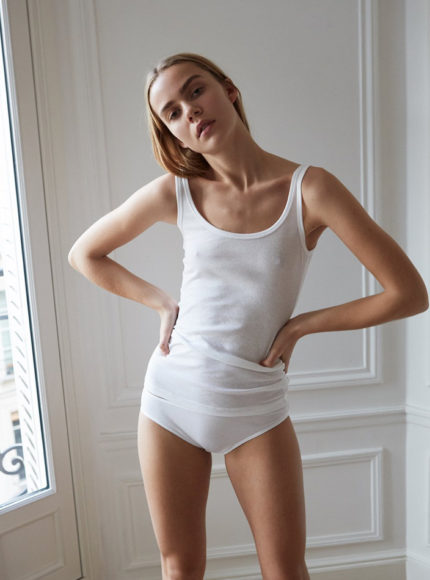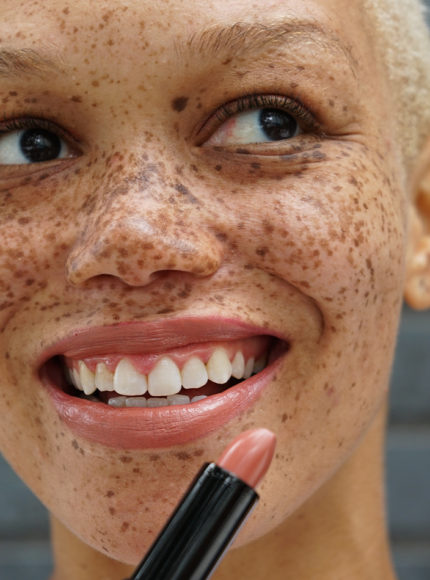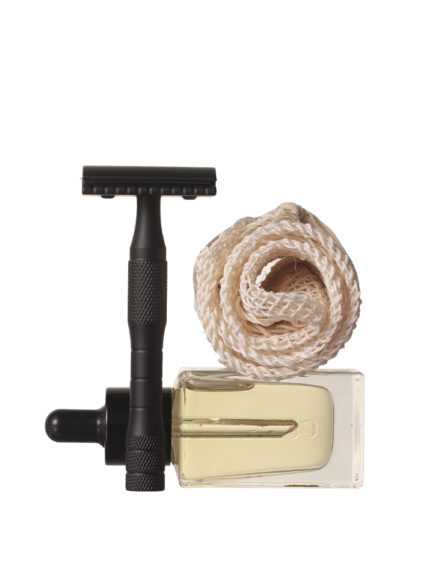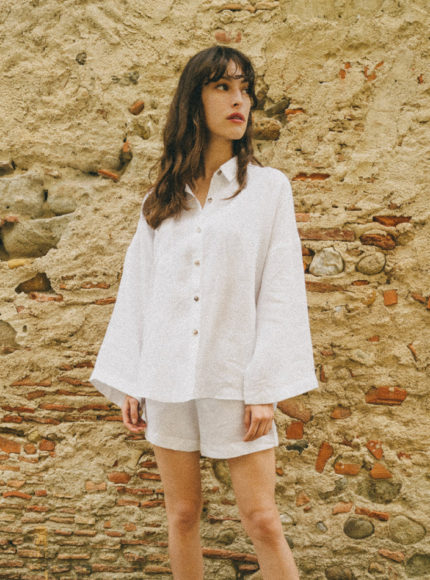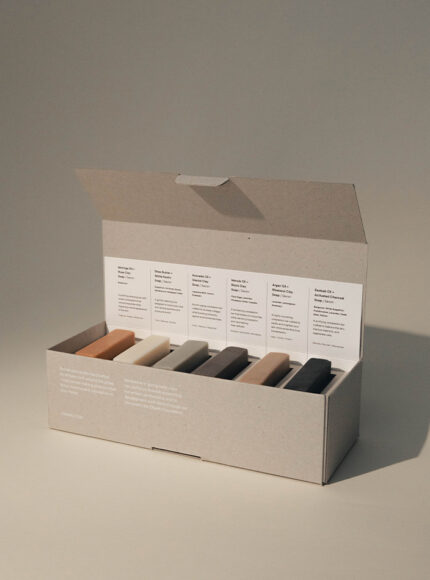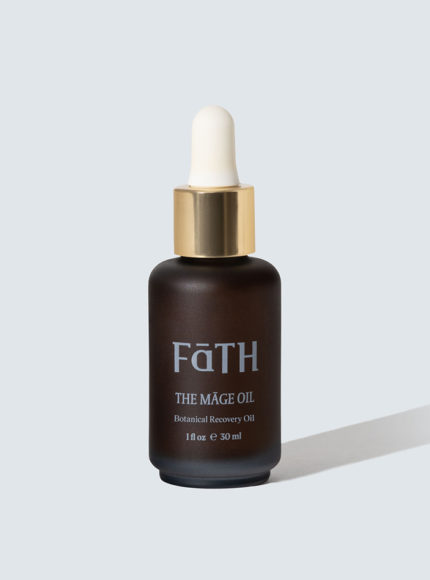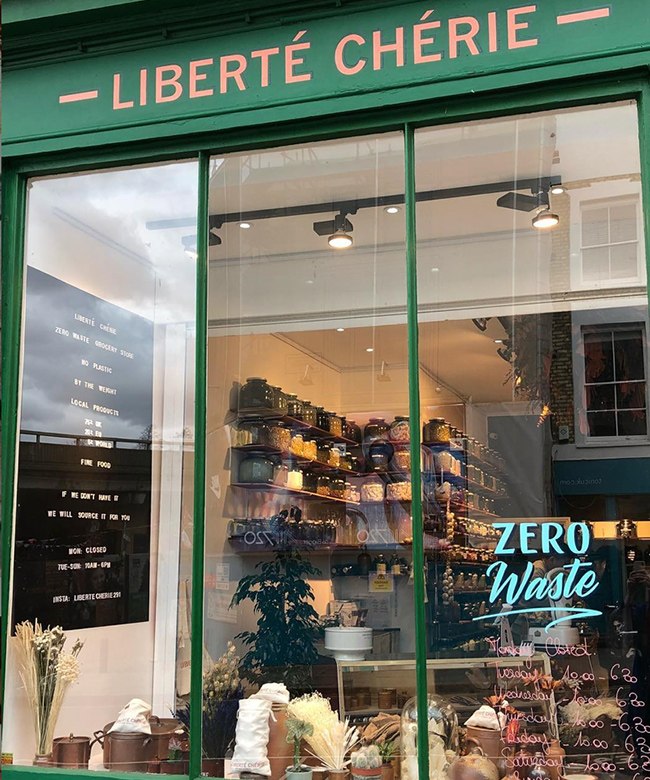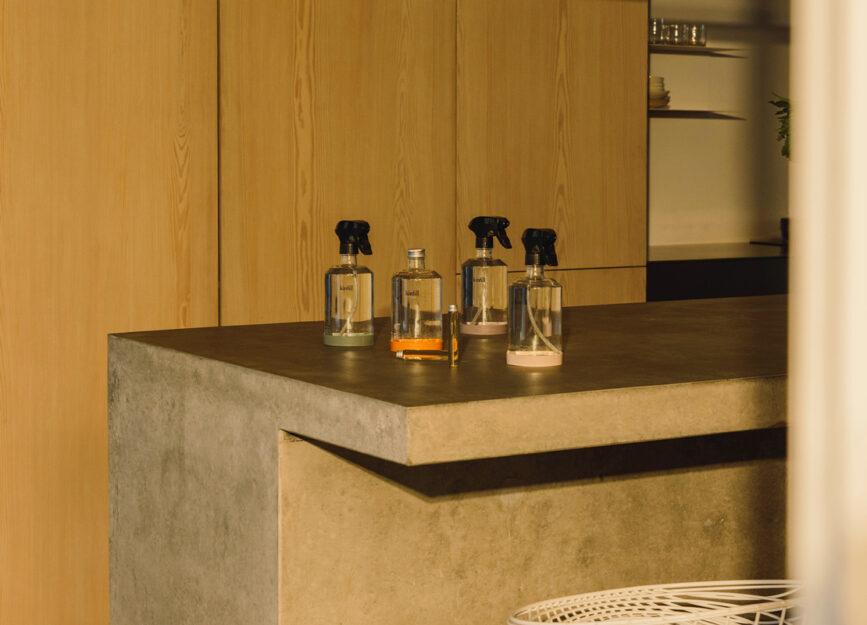

@kinfillcare
@a_perfect_nomad


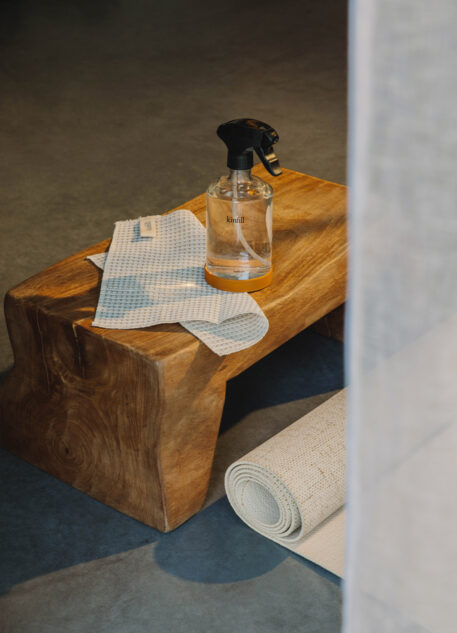

@kinfillcare
Environment
Plastic Free July – How You Can Reduce Your Plastic Consumption
Plastic Free July is a global movement which encourages individuals, communities and businesses to refuse single-use plastics throughout the month, in a bid to reduce plastic pollution. It started in 2011 as an initiative in Australia, aiming to raise awareness about plastic pollution and promote a more sustainable way of living. What began as a local initiative quickly gained traction, spreading across Australia and then internationally. By 2017, it had gained millions of participants worldwide, with the growth being driven by social media and increasing global awareness of plastic pollution. In the editorial we share about the history and present of plastic use as well as our top tips and our favourite plastic free picks from home, to beauty and fashion!
What’s So Bad About Plastic?
Plastic pollution is one of the most pressing environmental issues of our time. It poses a huge problem to our planet simply because it cannot be broken down naturally. Plastics are non-biodegradable, meaning they persist in the environment for up to 500 years, so every plastic item you’ve used in your lifetime will exist for over five generations to come. Everyday items like plastic bags, bottles, straws and packaging (most of which we only use once), end up in landfills or oceans, causing a huge deal of harm to ecosystems and natural habitats.
Over time larger plastic items break down into tiny particles called microplastics. These contaminate soil, water sauces, and are ingested by marine species, posing health risks to both wildlife and humans. Of the 7 billion tonnes of plastic waste generated globally so far, less than 10% is recycled. Millions of tonnes of plastic waste is lost to the environment and sometimes even shipped thousands of miles to destinations where it is sadly mostly burned or dumped.
Some Facts
– Global plastic production has doubled since the beginning of the century, to almost 400 million metric tons per year in 2021.
– One million plastic bottles are purchased every minute, while up to five million plastic bags are used worldwide every year. Half of all plastic produced is designed for single-use purposes – used just once and thrown away.
– 36% of all plastic produced are used in packaging and approximately 85% of which end up in landfills or as unregulated waste.
How did we get here?
From the 1950s-1970s, only a small amount of plastic was produced, and plastic waste was relatively manageable. However between the 1970s and the 1990s, plastic production and waste more than tripled and in the early 2000s, the amount of plastic waste generated rose more in a single decade than it had in the previous 40 years. Today we produce about 400 million tons of plastic waste every year and since the 70s, the rate of plastic production has grown faster than that of any other material. Without changes to current policies, global plastic waste is projected to triple by 2060.
Plastic Use In the Home
Traditional Products
One of the most commonly used household items which pose a risk to both the environment and our health are traditional cleaning products. The plastic packaging and even chemicals within these products are derived from crude oil, a non-renewable resource which is not biodegradable. The production of these throwaway plastics generates huge amounts of pollution through the extraction, refining and transportation processes. The waste generated by single-use plastics contributes significantly to landfill overflow and ocean pollution, while toxic chemicals are washed down our sinks and into our water systems. It’s food for thought when you consider the amount of conventional bleach, antibacterial sprays, hand washes, dish soaps and detergents you use every year.
Sustainable Alternatives
Opting for refillable and eco-friendly cleaning products is a great way to reduce your own plastic usage, while also allowing you to see the benefits of natural, non toxic products which don’t harm the planet. A brand which we are loving and is a household favourite amongst the Rev team is Kinfill, who have a wonderful range of plastic-free, biodegradable and refillable cleaning line, as well as other home-care products. All products are made using clean, safe ingredients that are also vegan and cruelty free. We think they set a fantastic example in the industry and encourage us as consumers think more mindfully about the products we buy and the effect these everyday items have on the environment.
Conventional cleaning products typically come in larger sizes because the chemicals used are diluted with water. All of that water or liquid needs to be packaged with a water-proof barrier, and that’s where plastic comes in. Kinfill provides a more sustainable solution with their compact Glass Forever Bottle which contains a concentrated formula, made to blend at home with tap water. This significantly reduces waste by allowing you to re-use the same bottle time after time, saving companies the need to manufacture new packaging with each purchase. This approach not only helps to reduce the amount of plastic entering our landfills and oceans, but also promotes a more circular economy where resources are conserved and reused. Kinfills Glass Forever Bottle speaks for itself – it can be used and refilled as many times as you please! These bottles have also been developed to be fully and easily recyclable (including the aluminum caps), ensuring materials are properly disposed of and do not end up in landfills like many conventional cleaning products.
Their Spotless Home Bundle is the ultimate cleaning kit for your conscious home. It includes all the essentials you need to keep your living space sparkling clean, without any plastic or harsh chemicals. This is a fantastic eco-friendly alternative to streamline your cleaning cupboard to just a few multi-purpose staples, and embrace plastic-free cleaning. We’ve also featured Kinfills Soap Bar Bundle as a sustainable, plastic-free alternative to conventional bath-care products. It comes with a lavender hand soap bar, a body bar and a shampoo bar, each offering a unique set of benefits to elevate your bath time routine and are suitable for all skin types. These Kinfill boxes are made from FSC certified recycled cardboard and are completely free of toxic- adhesives.
Plastic Use In The Beauty Industry
Traditional Products
While there is an increasing effort by sustainable beauty brands in using recyclable materials and packaging for their products, the majority of conventional cosmetic brands have a long history of relying on single-use plastic packaging. It’s convenient, lightweight and easy to manufacture, but it comes at a huge cost to the environment. The most obvious use of plastic in the beauty industry is for packaging, whether this is bottles and tubes for skincare, compacts and cases for makeup, or wrappers and seals to protect the product itself. Even the beautiful cardboard outer packaging or glossy, shiny packaging you often see in the industry can just be a cover-up for a hidden plastic problem in the form of oil laminations and gloss coatings that contain plastics, hindering the recyclability of the cardboard underneath.
Microbeads are also a huge environmental problem in the industry. These are tiny plastic particles that are commonly used in skincare products, such as exfoliating scrubs or cleansers, which of course end up being washed down our drains and into our oceans, as these are small enough to pass through water filtration systems. Even many conventional lipsticks contain microplastic ingredients to make them last longer or act as an emulsifier, making them harmful to our own health and the planet. In fact, the use of microplastics being found in various beauty products is unfortunately pretty common!
Sustainable Alternatives
When shopping for sustainable alternatives, choose brands that offer product refills and use natural ingredients, without plastic packaging. Opt for beauty products packaged in materials like glass, aluminum or cardboard, which are far easier to recycle and have a lower environmental impact than plastic.
Madeleine White, the founder of Juni, felt a strong responsibility to ensure her products were not only vegan and organic, but also free from plastic, unlike many traditional beauty products. Her lipsticks are free from microplastic ingredients and instead made using certified organically farmed and sustainably sourced botanical ingredients. Juni’s packaging is also 100% plastic-free and 100% recyclable. Another brand that prides itself on sustainability, waste reduction, and being plastic-free is the luxury skincare range Albiva. Their products are packaged in beautiful wooden bottles that are PEFC approved (an NGO dedicated to sustainable forest management) and fully recyclable while their external packaging is made from handmade, plastic-free paper.
Plastic Free Fashion
Plastic in clothes is probably something the majority of people know little about. Most of us are probably that clothing can be made out of natural fibers or synthetic fibers, perhaps even a combination of the two. However, what synthetics fibers actually means is they are essentially forms of plastic. Materials such as polyester, nylon, and acrylic are all derived from petrochemicals (fossil fuels) which are incredibly damaging to the environment. The production of these fibers generates significant greenhouse gas emissions and because these materials are non-biodegradable, they contribute to the growing problem of textile waste in landfills.
We are big advocates for mindful consumption, particularly when it comes to clothes. We’d always recommended opting for sustainable fashion brands, who use natural materials as well as ethical labour practices. Look for brands who are totally open and transparent about where their clothes were made and under what conditions. For example, the wonderful brands we stock often have long-standing relationships with their suppliers and frequently visit the farms where the organic cotton or linen they use is grown. If you’re interested in the stories behind some of our sustainable brands, we have the perfect editorial for you – https://reve-en-vert.com/editorial/who-made-my-clothes-at-reve-en-vert/
We thought this would be a wonderful opportunity to showcase some of our brands who use only natural materials such as organic cotton and linen. These natural materials are grown on organic farms without the use of pesticides, herbicides or fertilisers, and use more sustainable and regenerative farming practices. This helps maintain the long-term health and productivity of the land, compared to energy-intensive practices required for the production of synthetic materials.
Fawn and Freda offer a beautiful collection of womenswear, embodying a love for thoughtful simplicity and easy femininity, as well as a commitment to a way of making that is kinder both to the planet and people. Rooted in traditional heirloom craft, each piece is hand crafted in Britain using only natural fibers such as linen or organic cotton. Everyone needs a white cotton shirt in their wardrobe and our go-to for these is Grammar, who handcraft all their pieces from 100% organic cotton, emitting 95% less greenhouse gasses and a quarter of the energy compared to conventional cotton.
Campo Collection has a wonderful natural line of breathable night wear, perfect for these summer months. They recognise the importance of having the purest and most organic products on our skin, so all pieces are made using 100% GOTS certified organic cotton, and dyed using natural or plant-based dyes. A Perfect Nomad has a beautiful range of luxurious resort wear who design their pieces to be as environmentally conscious as possible. Inspired by the rugged elements of Ibiza and a deep connection with nature, A Perfect Nomad only use natural fibres that are kinder to our skin and the planet.
Our Top Tips
Consume Less, Consume Better
Quality over quantity is super relevant here. This goes for everything we’ve talked about today – beauty, household products, clothing! As consumers, we must play our part by swapping out plastic products and packaging for products that are more environmentally friendly.
Opt For Reusable Everyday Items
Whether it’s a reusable coffee cup, a reusable bag or a reusable wooden toothbrush – small changes can make a big difference – In the 2022 International Coastal Ocean Clean Up, almost 1.2 million plastic bags were collected over 15,000 miles of coastline (and these were just the ones that were washed up and found!)
Avoid Buying From Companies That Won’t Change
We can demand action as a collective. By boycotting manufacturers and brands that lack a clear strategy for adopting plastic-free products or packaging. This will force them to innovate and respond to changing consumer demands.
Use Refillable Alternatives
Some of us may be fortunate enough to live in areas that have refill shops, where customers are encouraged to bring their own containers to refill a variety of products. This is a fantastic way to reduce your own plastic usage.
Here are some examples of where you can find these in LA or London –
https://reve-en-vert.com/editorial/6-zero-waste-refill-stores-in-los-angeles/
https://reve-en-vert.com/editorial/10-zero-waste-refill-stores-in-london/
Eating Seasonal Foods
Seasonal foods are typically grown locally, supporting local farmers and reducing long-distance transportation needs. They are often sold loose or with minimal packaging and are harvested at the peak of ripeness, so don’t require extensive packaging to extend their shelf life. Growing your own seasonal vegetables is an excellent way to avoid plastic all together!
Summary
Plastic Free July is more than a month-long challenge; it’s a step towards a sustainable lifestyle and a cleaner planet. By participating together, we can all contribute to a significant reduction in plastic pollution and champion a healthier environment for future generations. If we all made more conscious decisions and small changes in our everyday lives, these changes would soon add up – no one can do everything, but everyone can do something!

















